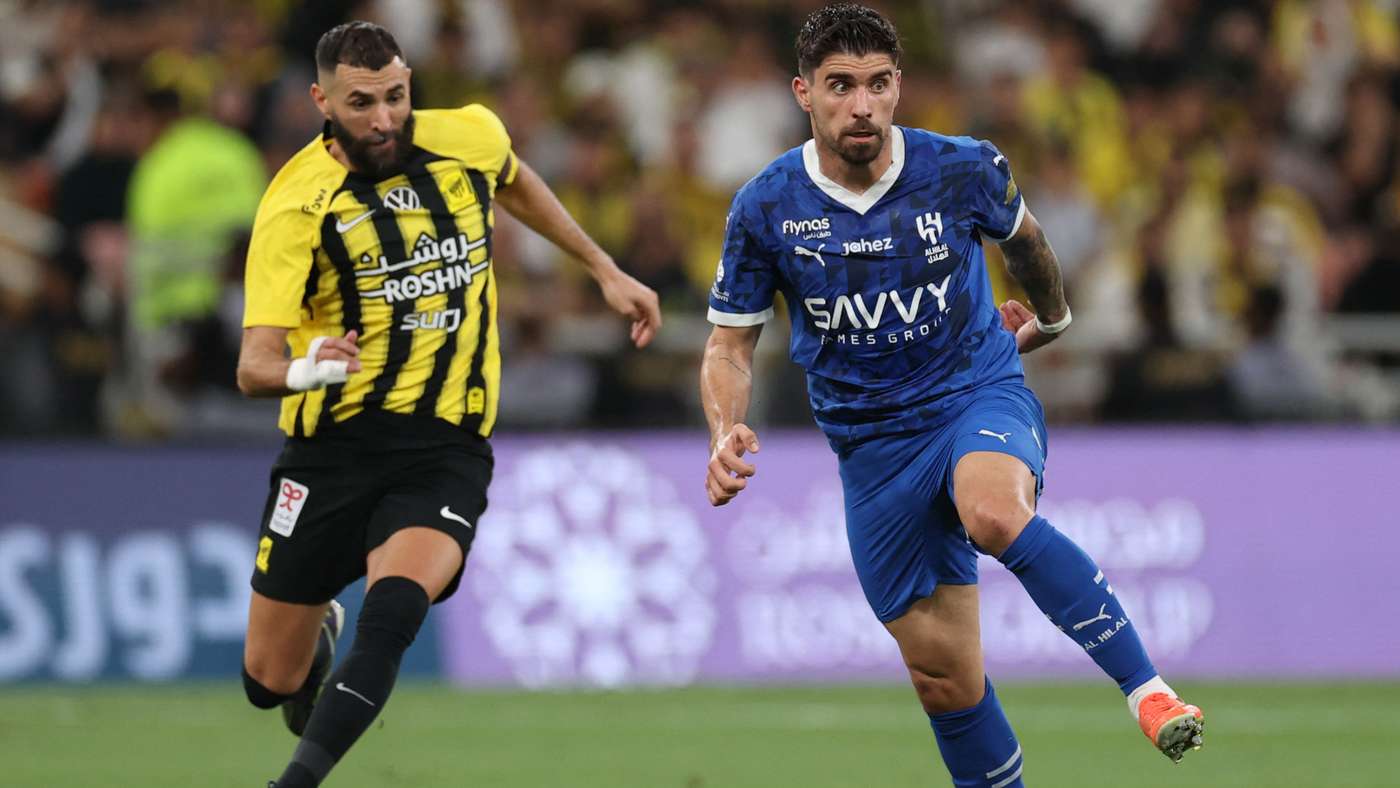Sharjah’s Bold Sports Shake-Up: Three Decrees to Rewrite a Crescent City’s Athletic Story
27 October 2025

What happened in Sharjah’s sports leadership?
In a decisive move, Sheikh Dr. Sultan bin Muhammad Al-Qasimi, ruler of Sharjah and a member of the UAE’s supreme council, issued three administrative sports directives today, effective immediately. The first decision dissolves the Sharjah Club’s board and appoints Mohammed Juma bin Hindi to lead the club’s new governing council, with a forthcoming administrative order detailing the new board composition once the names are finalized.
The second directive is a royal decree that reshapes Sharjah’s broader sports governance by establishing the Sharjah Sports Council. It will be chaired by Sheikh Khalid bin Hamid bin Saqr Al Qasimi, with Dr. Abdullah Abdul Rahman Yusuf bin Sultan and Adel Saleh Yusuf Al-Hamadi named as members. Additional appointees include Abdullah Sultan Al-Dah Al-Matroushi, Abdullah Mohammed Al-Malih Al-Fazari, Omar Hassan Ali bin Hunaifa, Dr. Abdul Rahman Mohammed Al-Yassi, Dr. Saif Ahmed Saif Khalaf Al-Zaabi, and Hanane Mohammed Al-Mahmoud.
The third decision promotes Mohammed Obeid Al-Hassan Al-Shamsi, currently director of the Department of Sports Affairs and Development within the Sharjah Sports Council, to General Director under a new framework for Sharjah’s public service positions, and designates him as the Secretary-General of the council in its new formation.
Why these changes were deemed necessary
The three resolutions come as Sharjah seeks to modernize its sports environment, with the Sharjah Club as a centerpiece for the emirate’s athletic ambitions. The club has recently faced a run of poorer results across multiple sports, raising questions about strategy, talent development, and resources. The government’s aim is to create a more stable, professional infrastructure that can translate into better performances on the field and on the regional stage.
Observers note that the current season has been challenging for Sharjah, especially in football, under a Serbian coach Milos who previously delivered strong results for Al Wasl and helped them win the Adnoc Pro League and the President’s Cup in earlier years. The club now sits mid-table, creating pressure to reverse the downturn quickly.
Fans also remember the high points of Sharjah, including the tenure of Romanian coach Cosmin (Cosmin) I., who guided the team to significant achievements before moving to the national team setup. Those memories underscore why this governance reboot carries symbolic weight—as a pledge to restore competitiveness and to honor Sharjah’s proud club history.
Current and upcoming challenges for Sharjah
In the current campaign, Sharjah ranks tenth with seven points from two wins, a goalless draw, and three losses, having scored eight and conceded seven. The club recorded a 3-1 road win at Dibba and a 2-0 home win over Al Dhafra in the early rounds, followed by a 2-2 draw at Khour Fakkan. They then dropped two home losses (0-1 to Al Jazira and 0-1 to Ajman) and face a crucial test against Shabab Al Ahli in Dubai in the next matchday.
Sharjah has also advanced to the quarterfinals of the ADIB Cup, defeating Dibba 3-0 across the two legs, and will play Al Ain in November’s quarterfinal matchups. In the AFC Champions League Elite, Sharjah sits in a tough West Zone, fourth with four points after wins and draws against Al Gharafa and Al Sadd respectively, then a heavy 0-5 defeat to Tractor. A forthcoming fixture away to Al Ittihad adds to a demanding schedule for the squad.
The club’s cup exit came as a surprise, losing on penalties to a lower-division side in the President’s Cup, a setback that intensified discussions about squad depth and tactical planning. Sharjah’s history remains deeply rooted in domestic success—six league titles, ten President’s Cup trophies, one Professionals Cup, three Super Cups, and a historic Asian triumph—but recent seasons have demanded a reset of structures and leadership.
Historically, Sharjah’s influence in the UAE has been outsized relative to size, contributing to a well-earned reputation as one of the emirate’s most storied clubs. The new governance package—merging executive oversight with a clearer line of authority—intends to consolidate resources, rationalize decision-making, and accelerate talent development across age groups and departments.
Looking ahead, the club’s leadership must bridge short-term results with longer-term growth, including a renewed scouting network, stronger medical and conditioning programs, and a more data-driven approach to player development. If the plan sticks to its trajectory, Sharjah could recapture the form that once made it a continental contender and a beacon for the emirate’s sporting identity. And yes, the fans are hoping for more goals and fewer late-season melodramas.
In sum, Sharjah’s three decrees are less about a single season’s fate and more about establishing robust governance, durable leadership, and a pathway to sustained success—on and off the pitch. If a club can climb back to its former glory, it will be because its leaders turned a page and learned to coach the rest of the book as well. Now, the real game begins: execute, endure, and enjoy the ride.
Punchline 1: If this reform plan were a goalkeeper, it would be unbeatable—stays rooted in strategy and never misjudges the bounce of opportunity. Punchline 2: Sharjah’s new playbook might require a referee with a calendar, because turning around a club this historic is a long season with a lot of stoppage time—and some very enthusiastic fans who will happily supply the popcorn for the journey.



